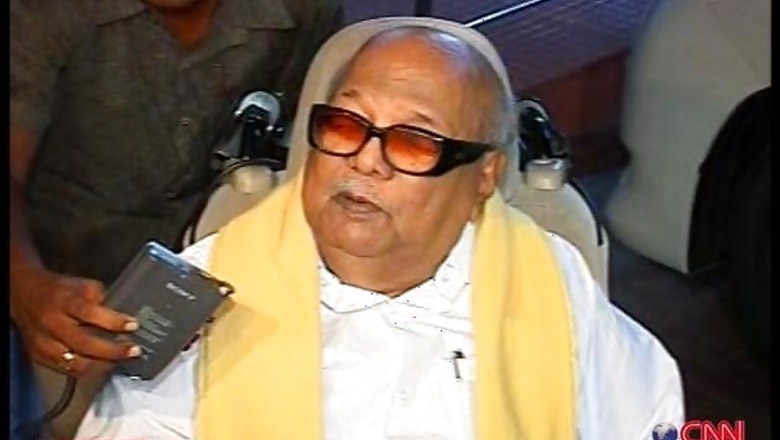
views
New Delhi: DMK chief M Karunanidhi withdrawing support to the central coalition some one year before Lok Sabha elections was the second such action in the past decade. He pulled out his 18-member party out of Congress-led UPA on Tuesday and five DMK representatives in the Council of Ministers submitted their resignations to Prime Minister Manmohan Singh on Wednesday.
In December 2003, Karunanidhi had pulled DMK out of the NDA, capping two years of strained ties with the BJP. Then, DMK had 11 members in the Lok Sabha.
That time, the Lok Sabha polls were scheduled for October, but the BJP top brass advanced them to May amid high hopes over its "India Shining" plank, which boomeranged. At that time, some half a dozen parties had deserted the NDA.
Hardly six months out of power, Karunanidhi's gamble paid off as UPA ousted the NDA from power ensuring key ministries to the DMK in the Congress-led coalition. In the UPA dispensation too, DMK's ties with the Congress started straining from the Assembly elections in Tamil Nadu in 2011 over the seat sharing issue.
The year was also one of the worst for the Dravidian party as it lost power in Tamil Nadu in the wake of the 2G scam that had led to the resignation of party leader and then Communications Minister A Raja and had brought into controversy Kanimozhi, Rajya Sabha member and daughter of Karunanidhi.
Congress sources say that Raja as also several former Tamil Nadu Ministers led by M K Stalin, executive president of DMK and son of Karunanidhi, prevailed upon the DMK chief to take the decision to pull out of UPA. The rationale was that the DMK, out of power in Tamil Nadu, wanted to get rid of the anti-incumbency factor after nine long years in the government.
A prominent DMK leader said that the action of Karunanidhi has been welcomed by the rank and file by bursting of crackers as it wanted the party to disassociate from the Congress. A state Congress leader suggested that there was no less jubilation in the party over the parting of ways with DMK.
If the Congress leadership had issued appeal to the DMK to reconsider its decision, it would have had a demoralising effect on partymen, he said. The Assembly polls had witnessed the DMK facing a waterloo and the Congress gaining just a few seats in the wake of the AIADMK landslide on the back of the corruption issue.
In December 2003, DMK's decision to pullout was apparently provoked by then BJP president M Venkaiah Naidu's remarks that DMK's agitation on the POTA issue was against the coalition tradition. Relations between the two parties had strained ever since Karunanidhi's arrest by AIADMK government in the summer of 2001 and subsequent developments.
Then, the DMK also nurtured the grouse that the Centre had not done anything to curb the alleged misuse of POTA by Jayalalithaa government, which arrested MDMK MP Vaiko and eight of his party men under the Act.











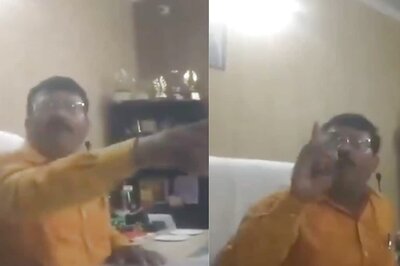
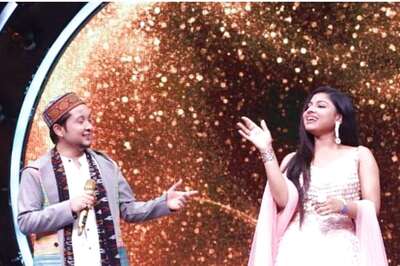




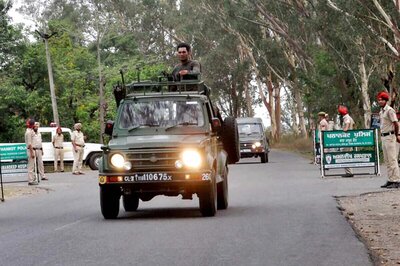

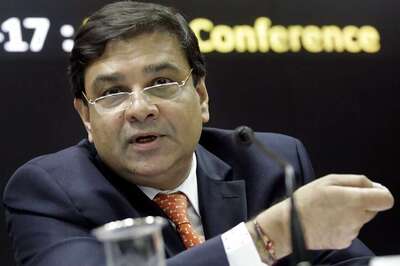
Comments
0 comment